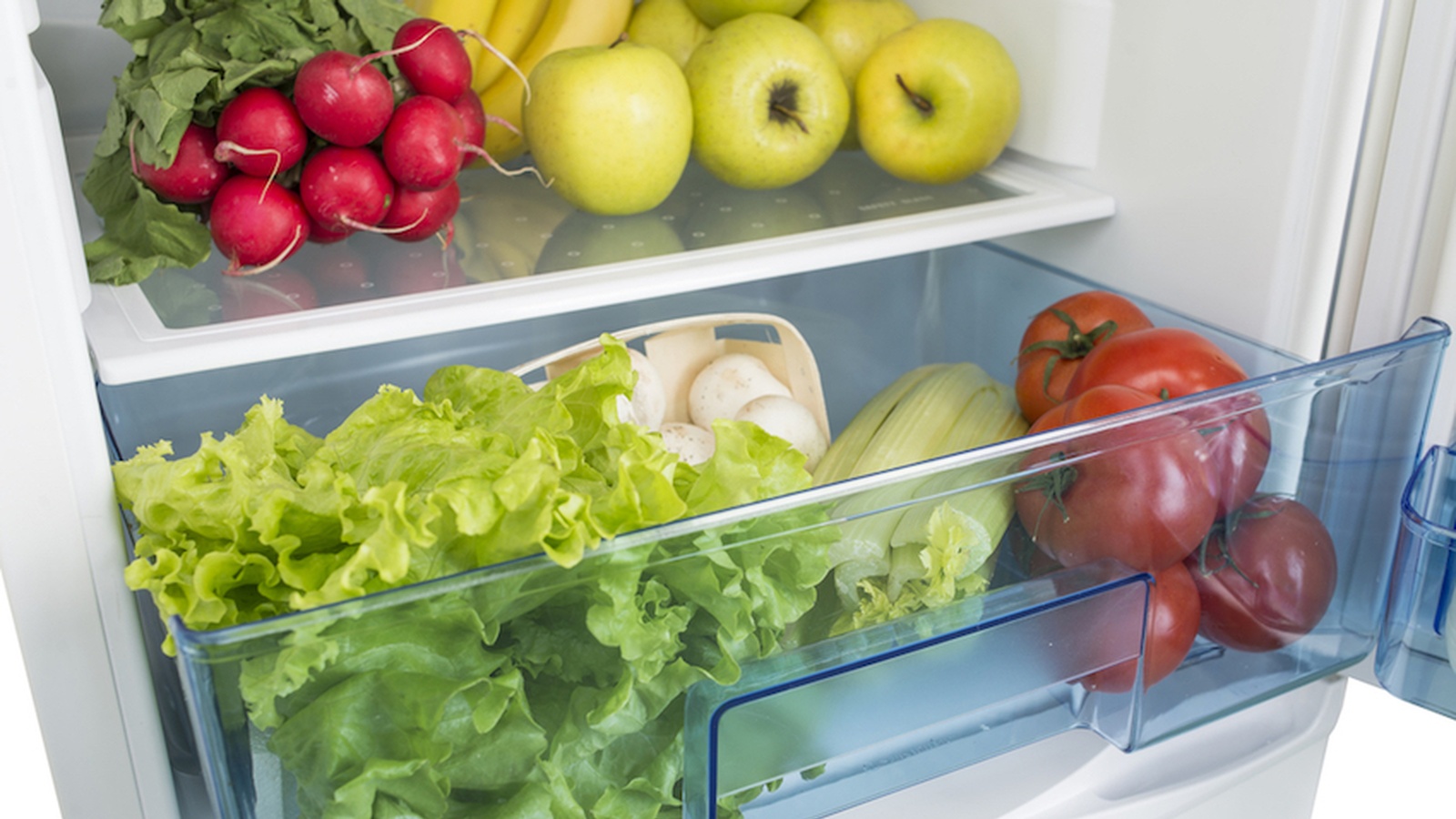10 Foods You Should Never Keep In The Fridge
Often we believe that keeping our food in the fridge is the best way to maintain freshness and longevity. While this is the case for many day-to-day food items, there are several common foods that are far better left out of the refrigerator, both for taste and nutritional value. Cold temperatures can actually accelerate the decomposition process in some foods and cause them to lose their original flavor and vital enzymes. Keeping these items in the fridge won’t cause any serious harm, yet being aware of the most beneficial ways to store your food will help to prosper your own health, as well as help to lower food waste. We are all globally responsible for 4 billion tons worth of food wastage per year. So taking small precautionary measures to understand food storage can have a bigger impact than simply having great tasting tomatoes on hand!
Here are the top ten items that are best left out of your refrigerator.
1. Potatoes and Sweet Potatoes or Yams
Keeping potatoes in cold temperatures can turn the starch into sugar, which will affect their texture and also cause them to taste sweet once cooked. More importantly, The Food Standards Agency explains that when cooked, these sugars combine with the amino acid asparagine present in the potatoes and produce the cacogenic chemical acrylamide. Potatoes need to be stored somewhere cool and dry in paper or canvas bags. Keep them unwashed and well-ventilated; if you wash potatoes before storing them, the moisture can spark decay. It’s also important to keep your potatoes separated from onions as potatoes give off gas and moisture that can make onions decay.
2. Tomatoes
Cold air prevents tomatoes from ripening and ruins the tomatoes’ taste and consistency. Tomatoes love the heat and dislike the cold, and even once they have been harvested, they still hold their aversion to cold climates. According to Mercola, placing tomatoes in the fridge changes their chemical structure and reduces the amount of volatile compounds in the fruit, which affects their flavor. Stored in temperatures below 5 degrees Celsius breaks the membranes inside the tomato walls, which means you end up with a soft fruit with a mealy texture. They may still be good for cooking, but not the best for eating fresh.
Store tomatoes on the counter at room temperature out of direct sunlight and enjoy when they are ripe.
3. Tropical Fruits
Fruits like bananas, mangoes, pineapples, and papayas are very sensitive to the cold. Low temperatures weaken their tissue and cancel out the enzymes that allow them to mature, causing them damage on their surface, and a loss of flavor. Instead, these fruits can be kept on the counter until they ripen where they will retain the most nutrients, says the Canadian Produce Marketing Association. When it comes to bananas, placing green bananas in the fridge will halt the ripening process and the fruit will remain green for a very long time. Bananas have no natural defence against the cold in their cell walls. These become ruptured by cold temperatures, causing the fruits’ digestive enzymes to leak out of the cells, which is what causes the banana’s skin to turn completely black. Even when you remove green bananas from the fridge, they will not ripen easily. Bananas are always best left at room temperature. Taking a quick look at melons, the U.S. Department of Agriculture (USDA) found that melons lost some of their antioxidant (lycopene and beta-carotene) content when refrigerated. Melons are best stored out of the fridge to maintain their nutritional content.
4. Avocado
Avocados don’t start to ripen until after they’re picked from the tree. When you purchase an avocado from the store, it will most likely be hard and solid, and will require a considerable amount of time to ripen properly before being ready to eat. Storing avocados in the fridge will completely stop the ripening process. Store avocados at room temperature until they soften and are ready to eat. If you have a perfectly ripe avocado that you’re not ready to use, storing it in the refrigerator may work to your advantage by prolonging your window of opportunity to use it before it becomes overripe.
5. Olive Oil
It’s best to keep olive oil in a dark, cool place to prevent any changes in flavor and texture. Cold temperatures will condense and harden the oil, giving it the consistency of butter. To keep your olive oil in a state that is easy to use and maintains its full-bodied, fresh flavor, keep it out of the fridge.
6. Honey
The Canadian Beekeepers’ Association says that honey should be kept in a tightly closed container at room temperature in a dry place. Honey’s acidic pH and sugar content keeps any spoiling microorganisms at bay. Refrigeration can cause crystallization, making it hard to pour or spread. Honey will store in your cupboard for an indefinite period of time as honey is a naturally preserved food and will maintain its freshness for decades.
7. Onion
Much like tomatoes, onions tend to become incredibly mushy or moldy if left in the fridge for too long. Onions don’t come out of the ground with their protective papery skin. To develop and keep that dry outer layer, they need to be “cured” and kept in a dry environment. Onions also require good air circulation and are best stored away from potatoes, which, as mentioned above, give off gas that will quickly spoil onions. According to the National Onion Association, the only times onions should be kept in the fridge is if they are bought peeled or pre-cut. Onions that have been cut can be kept in a sealed container for up to seven days in the fridge.
8. Garlic
Storing garlic in the fridge or in plastic bags will cause it to spoil quickly. The best way to store garlic is to keep it at room temperature in a dry, dark place that has ample air circulation and with little light to avoid the bulbs sprouting. Keeping garlic in the fridge will also leave you with rubbery textured cloves. The changes are not visible to the eye due to the garlic skin; it is only when you remove the skin you will be confronted with discoloration or mold. To be safe, keep your bulbs out of the fridge.
9. Basil and Aromatic Herbs
Like tomatoes, basil loves the heat, so extended periods of time in a cold environment like a refrigerator will cause it to wilt prematurely. Basil is best stored on your counter and treated as you would fresh-cut flowers. Fresh herbs also love to absorb smells around them, and when in the fridge, they will quickly lose their beautiful natural aroma and original flavor. You can try wrapping them tightly in newspaper or placing them in an airtight container if they must be in the fridge, yet room temperature is always preferable.
10. Coffee
In its ground or bean form, coffee should never be stored in the fridge. Coffee very readily and eagerly will absorb any smells around it, so if placed in the fridge, the coffee will begin to absorb different aromas and will never return to its original arabica flavor. The instant change of temperature in a fridge also causes moisture to leach out of the coffee, which desaturates the flavor right out of the bean. Ground coffee and beans need airtight containers and a cool, dry and dark space to retain their flavor and freshness.
Discover how to eat your medicine to heal your gut, eliminate bloating, skin issues and hair loss as I share seven nutrition principles in this free masterclass. Running for a limited time only.









